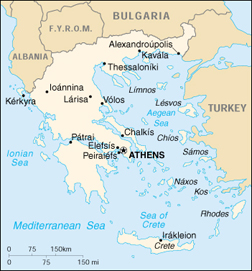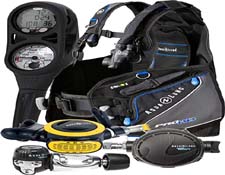

|


|
 |
 |
 |
 |
 |
 |
 |
 |

 Greece, also known as Hellas, is the birthplace of politics and
democracy. Its democratic ideals inspired, among others, the
framers of the US constitution. The present Greek Constitution,
voted in 1975 and amended in 1986, defines the country's
political system as a Parliamentary Democracy headed by a
President.
Greece, also known as Hellas, is the birthplace of politics and
democracy. Its democratic ideals inspired, among others, the
framers of the US constitution. The present Greek Constitution,
voted in 1975 and amended in 1986, defines the country's
political system as a Parliamentary Democracy headed by a
President.














|